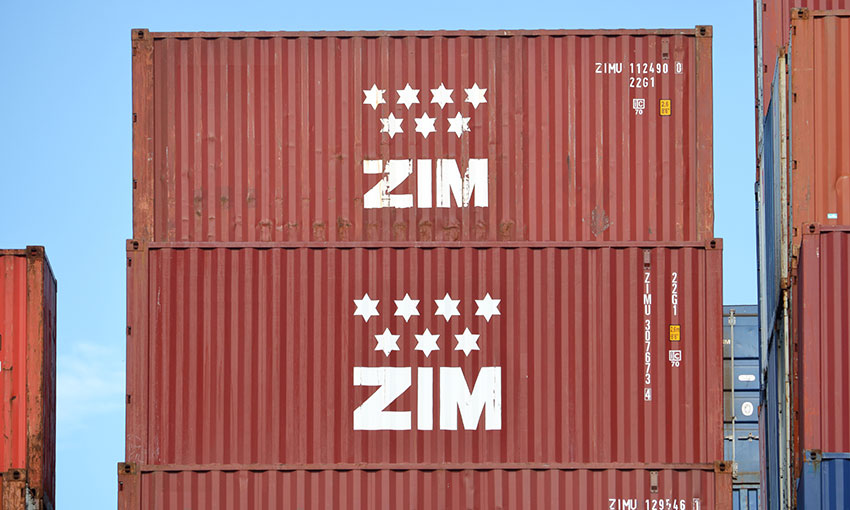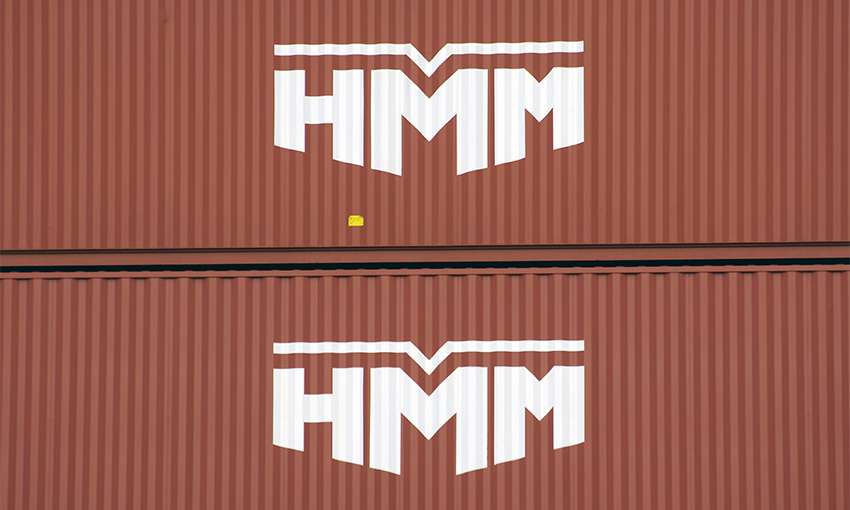ZIM posted big earnings for 2022, but by the fourth quarter of the year, earnings had fallen off a cliff.
The Israeli shipping company posted a net income of US$417 million for the fourth quarter of 2022, down 76% from the US$1.71 billion reported in the same period of 2021.
Operating income (EBIT) for the fourth quarter was US$585 million, a year-on-year decrease of 72%. EBIT for the full year was US$6.14 billion, a year-on-year increase of 5%.
Zim reported US$2.19 billion in revenue for the fourth quarter of 2022, a 37% decrease from figures posted in the fourth quarter of 2021. Revenue for the full year were US$12.56 billion, a year-on-year increase of 17%.
Zim said it carried 823,000 TEU in the fourth quarter of 2022, down 4% from the volume carried in the same period of 2021. Carried volume in the full year was 3.38 million TEU, a year-on-year decrease of 3%.
Average freight rate per TEU in the fourth quarter was US$2122, a year-on-year decrease of 42%.
And for the full year, the average freight rate per TEU was US$3240, up 16% year-on-year.
Zim president and CEO Eli Glickman said the company capitalised on its strategy and market in 2022, driving “record” full year adjusted EBITDA and EBIT results.
Adjusted EBITDA for the fourth quarter was US$973 million, a year-of-year decrease of 59%. Adjusted EBITDA for the full year was US$7.54 billion, a year-on-year increase of 14%.
“Over the past two years we have taken important steps amidst a highly lucrative market to best position Zim to execute in a more normalised trading environment,” Mr Glickman said.
“Specifically, we enhanced our vessel sourcing strategy to secure attractive newbuild capacity and improve our cost structure.
“We have also diversified our commercial presence to ensure Zim is optimising its performance to create long-term sustainable shareholder value.”
Mr Glickman said he expects Zim’s chartered, LNG-powered newbuild capacity to significantly improve the company’s cost structure in 2023 and beyond.
“While macroeconomic uncertainties, the precipitous decline in freight rates over the past few months and the supply-demand imbalance continue to drive a challenging near-term outlook for container shipping, we are confident in Zim’s strategy and believe we will generate positive EBIT in 2023,” he said.
“For the full year, we expect to generate adjusted EBITDA between $1.8 billion to $2.2 billion and adjusted EBIT between $100 million to $500 million.
“In 2023 and beyond, our focus on leveraging digital strategies, operating a high-quality sustainable fleet, and further implementing our global niche strategy positions us well to best serve our customers and generate long-term sustainable value for our shareholders.”





